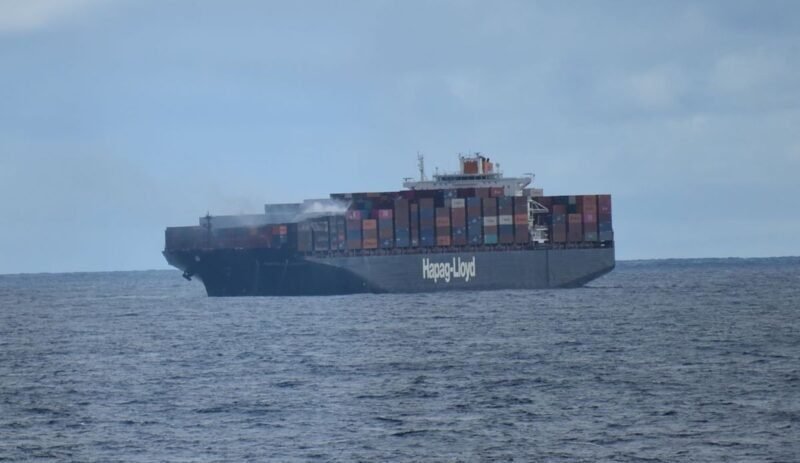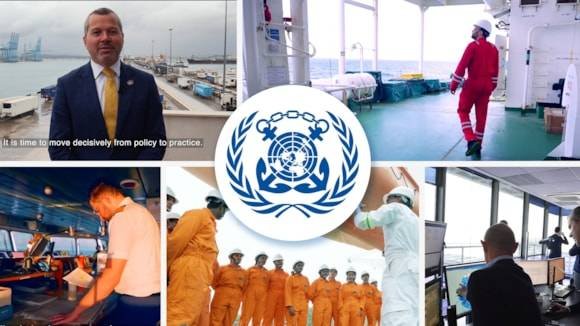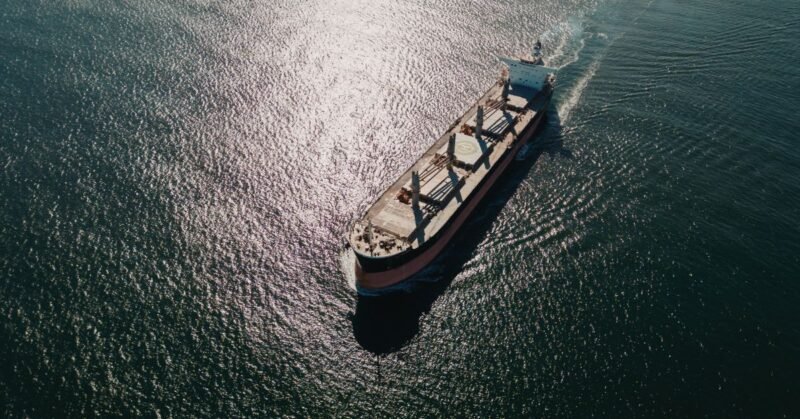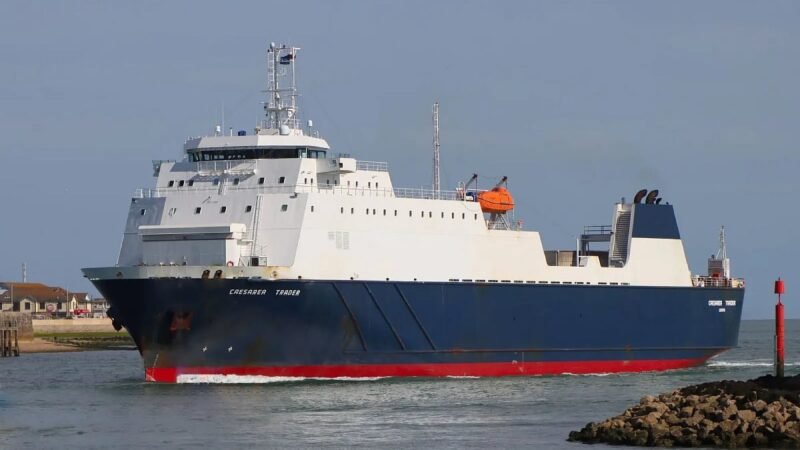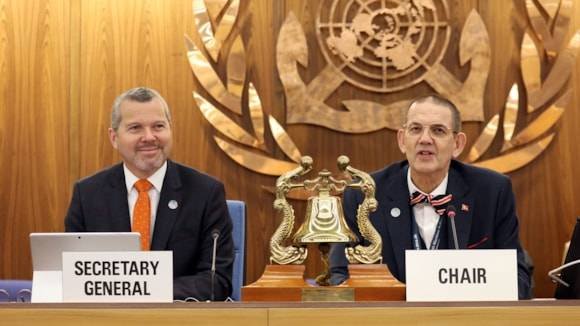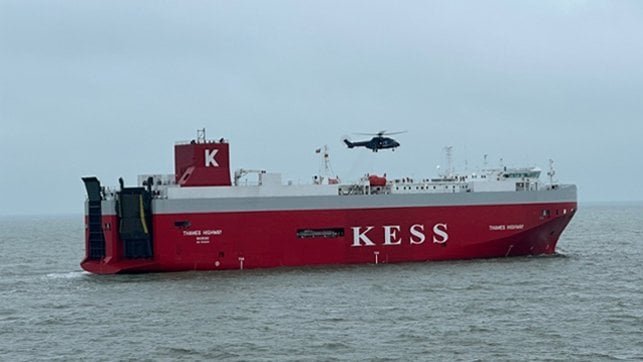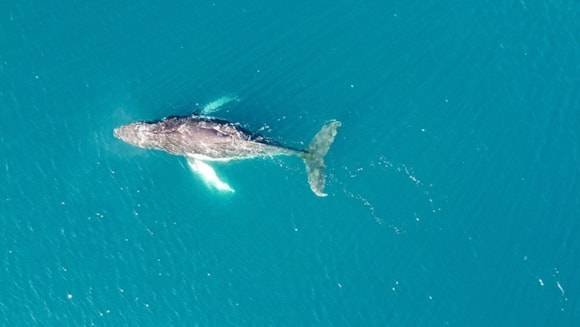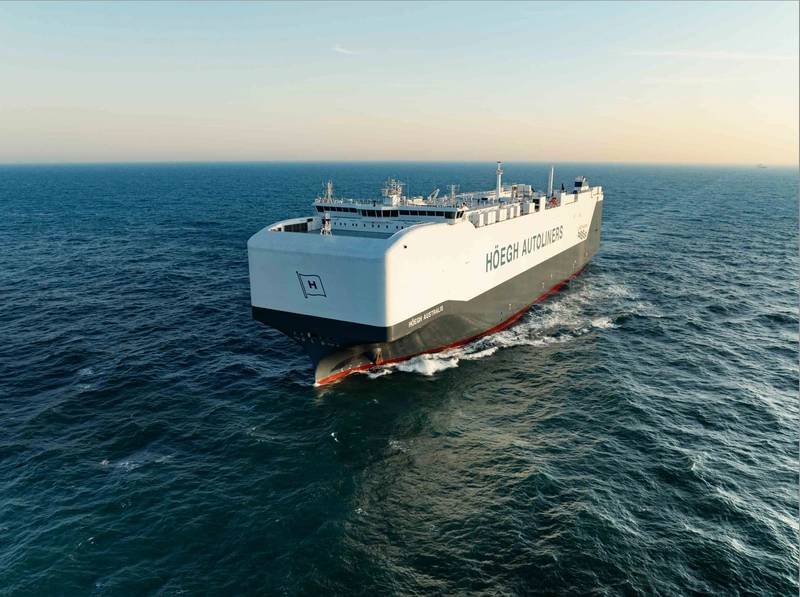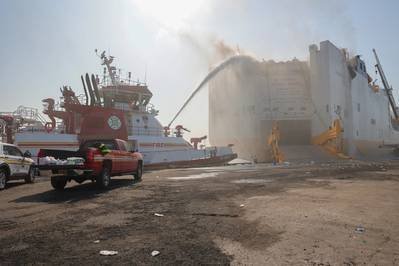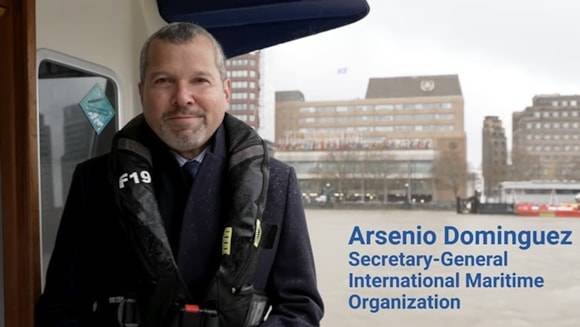The shipping industry is stepping up safety measures for charcoal transport, in anticipation of new regulations from the International Maritime Organization (IMO) that will be enforced by 2026. This move follows a string of fires on ships caused by mishandling of charcoal shipments, prompting concerns about crew and cargo safety. Joe Kramek, President and CEO of the World Shipping Council (WSC), highlighted the need for improved safety practices to prevent such incidents.
Statistics show a rising number of fires on container ships, often attributed to inaccurately declared dangerous cargo. The Allianz Safety and Shipping Review 2023 reported 64 fires on container ships in the past five years, with a notable increase in 2022 compared to the previous year. One major contributing factor to these fires is the improper handling and documentation of dangerous goods by shippers, making firefighting efforts more challenging.
To address these safety concerns, the industry is now requiring all charcoal shipments to be classified as dangerous goods under the International Maritime Dangerous Goods (IMDG) Code. Collaborative efforts by organizations like the World Shipping Council, IGP&I, and TT Club have led to the development of comprehensive guidelines to assist shippers in complying with the new regulations. Key safety measures include temperature controls and special stowage requirements to minimize risks associated with charcoal transport.
Industry stakeholders are encouraged to take immediate action to ensure compliance, including providing mandatory IMDG Code training for shore personnel and adhering to the IMO/ILO/UNECE Code of Conduct for Cargo Transport Units. With a focus on treating all charcoal as dangerous goods, consistent safety standards are being upheld to prevent future tragedies and ensure clarity for all involved parties in the shipping process.
Share it now


